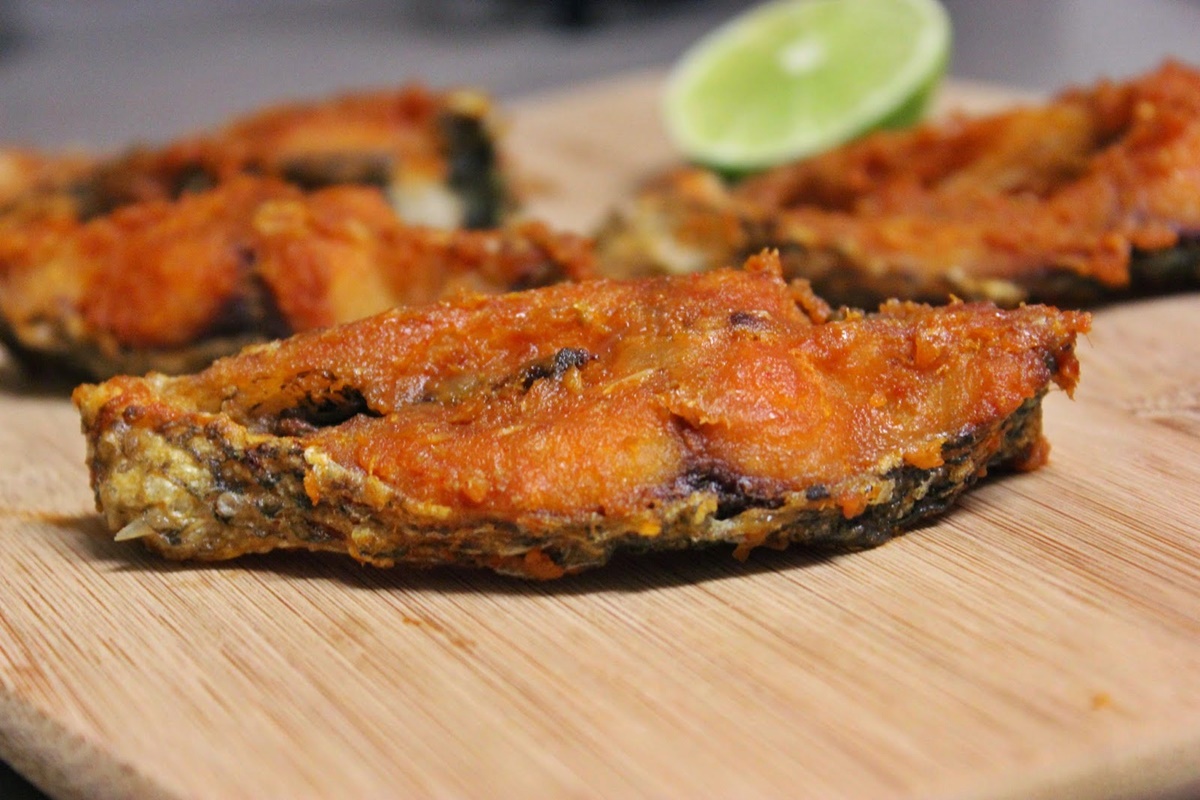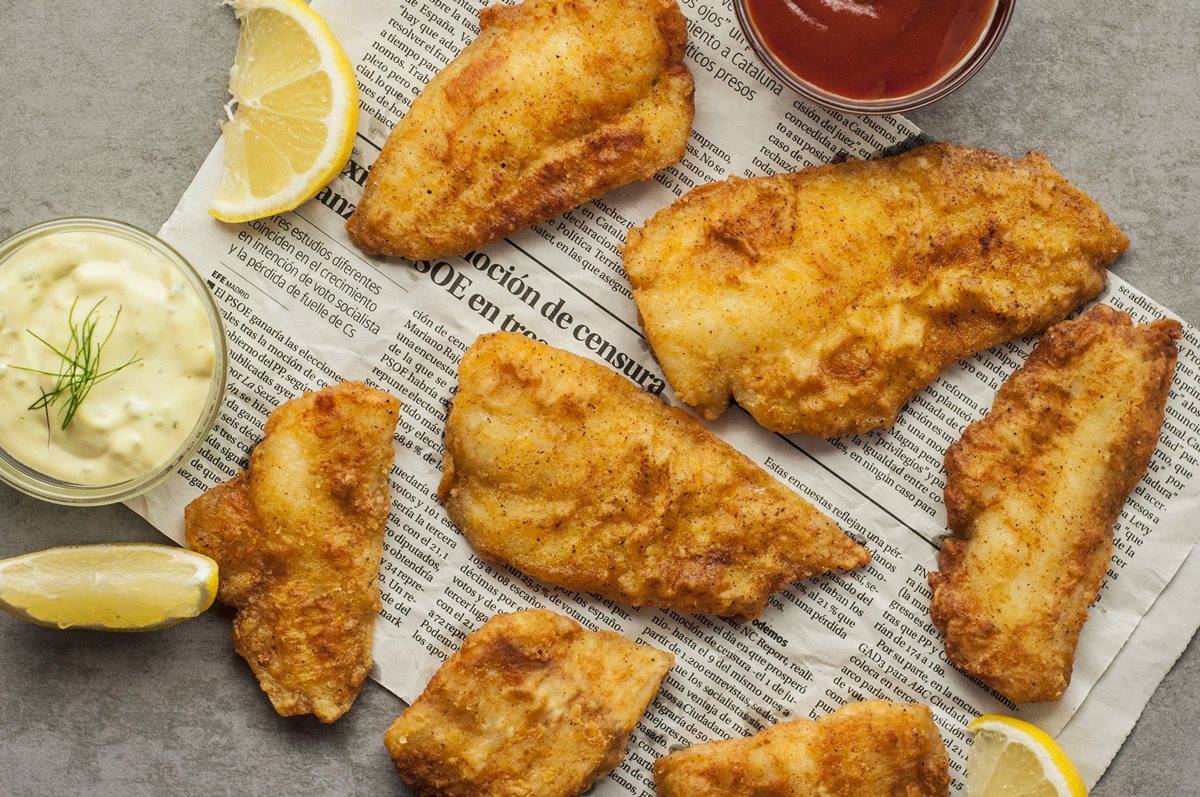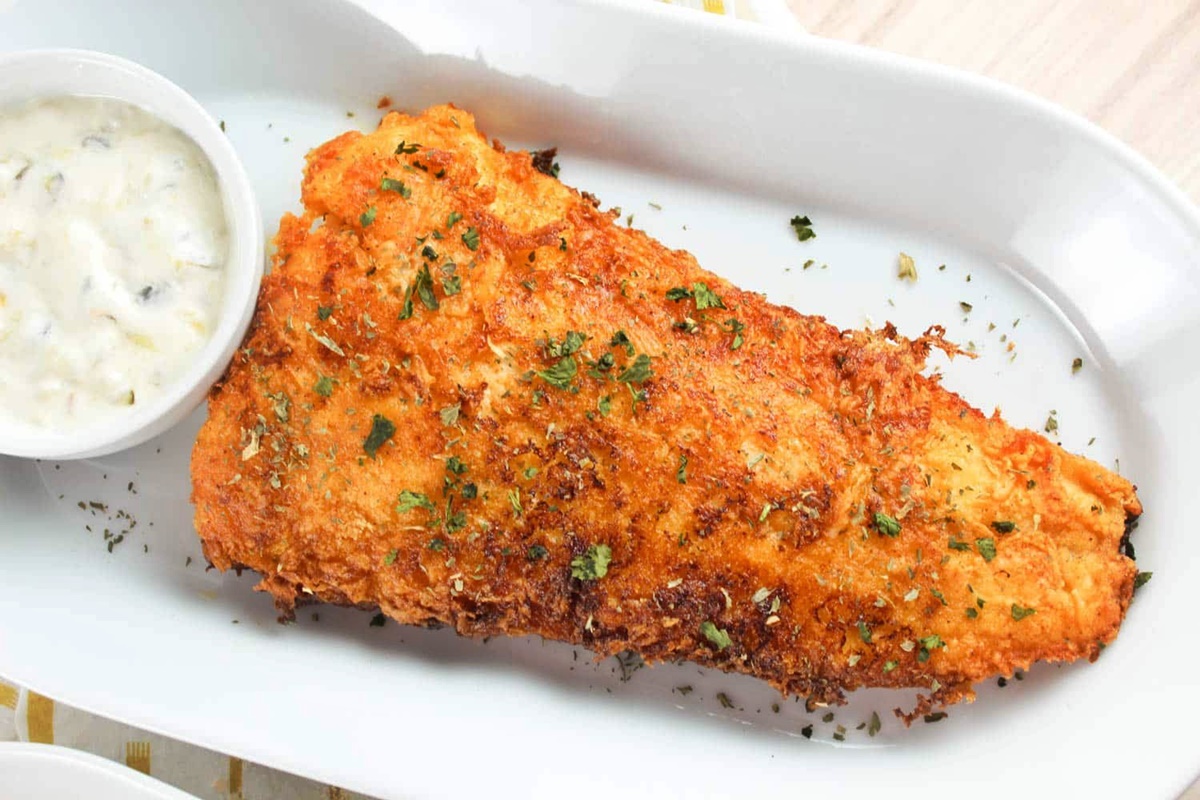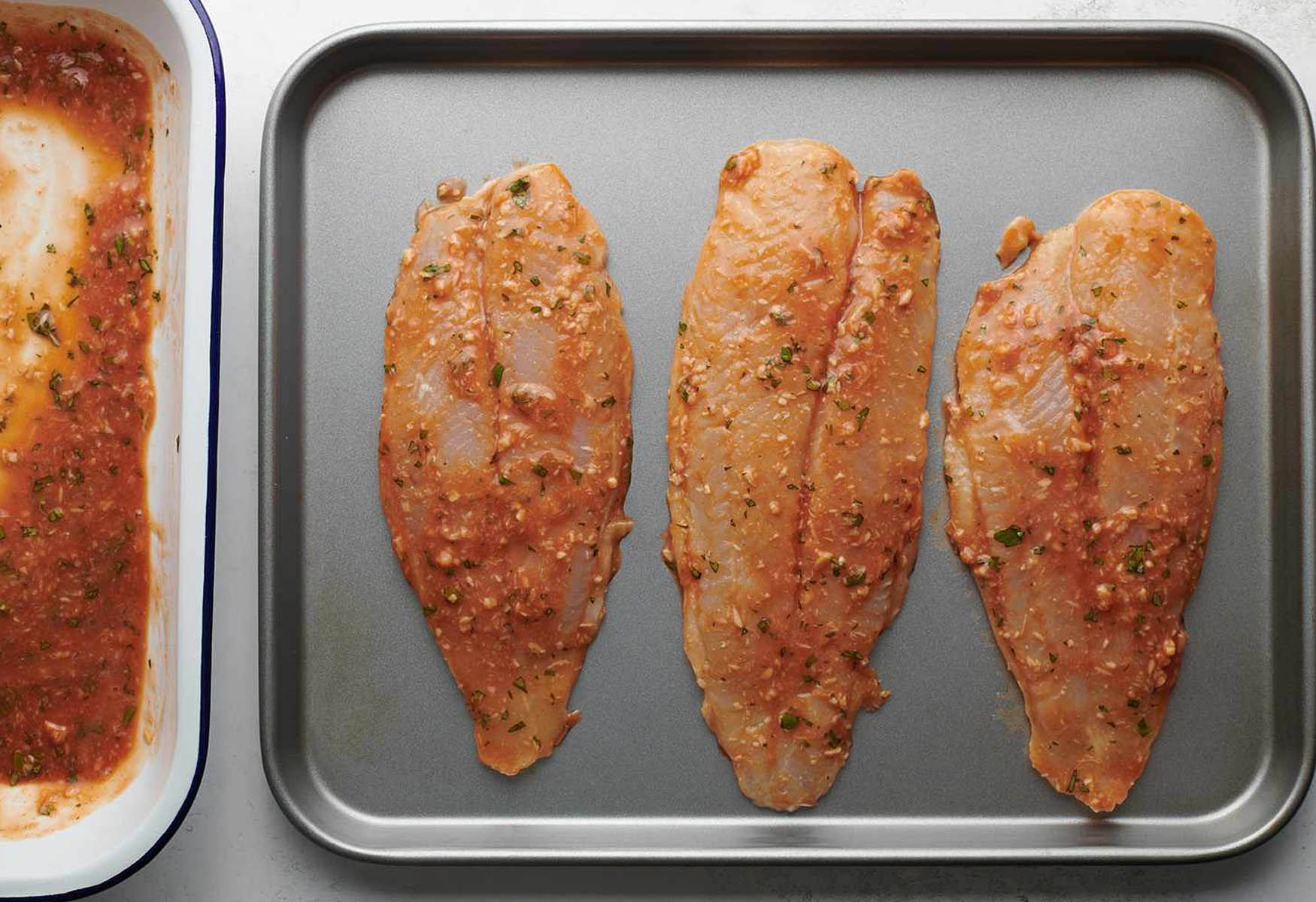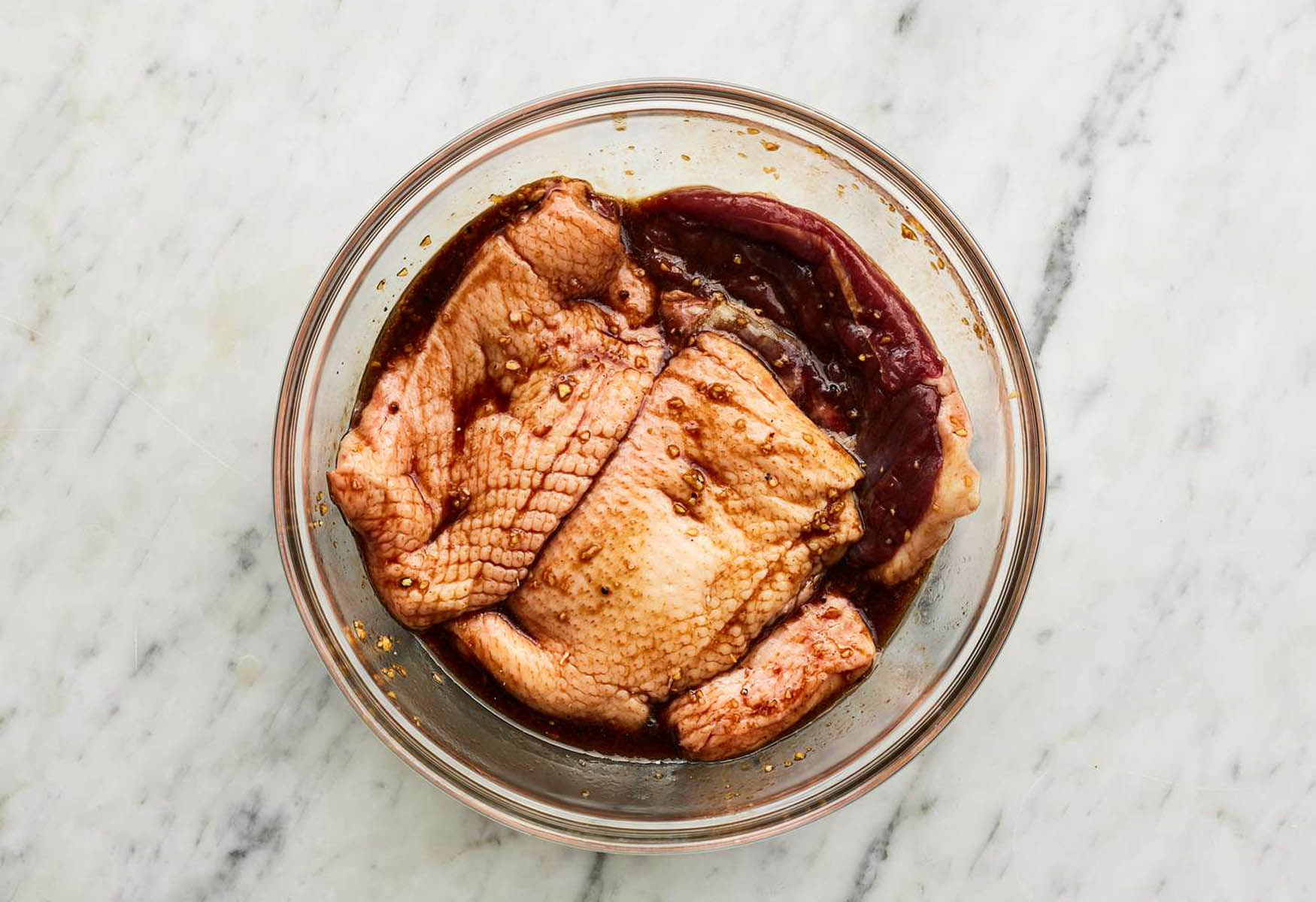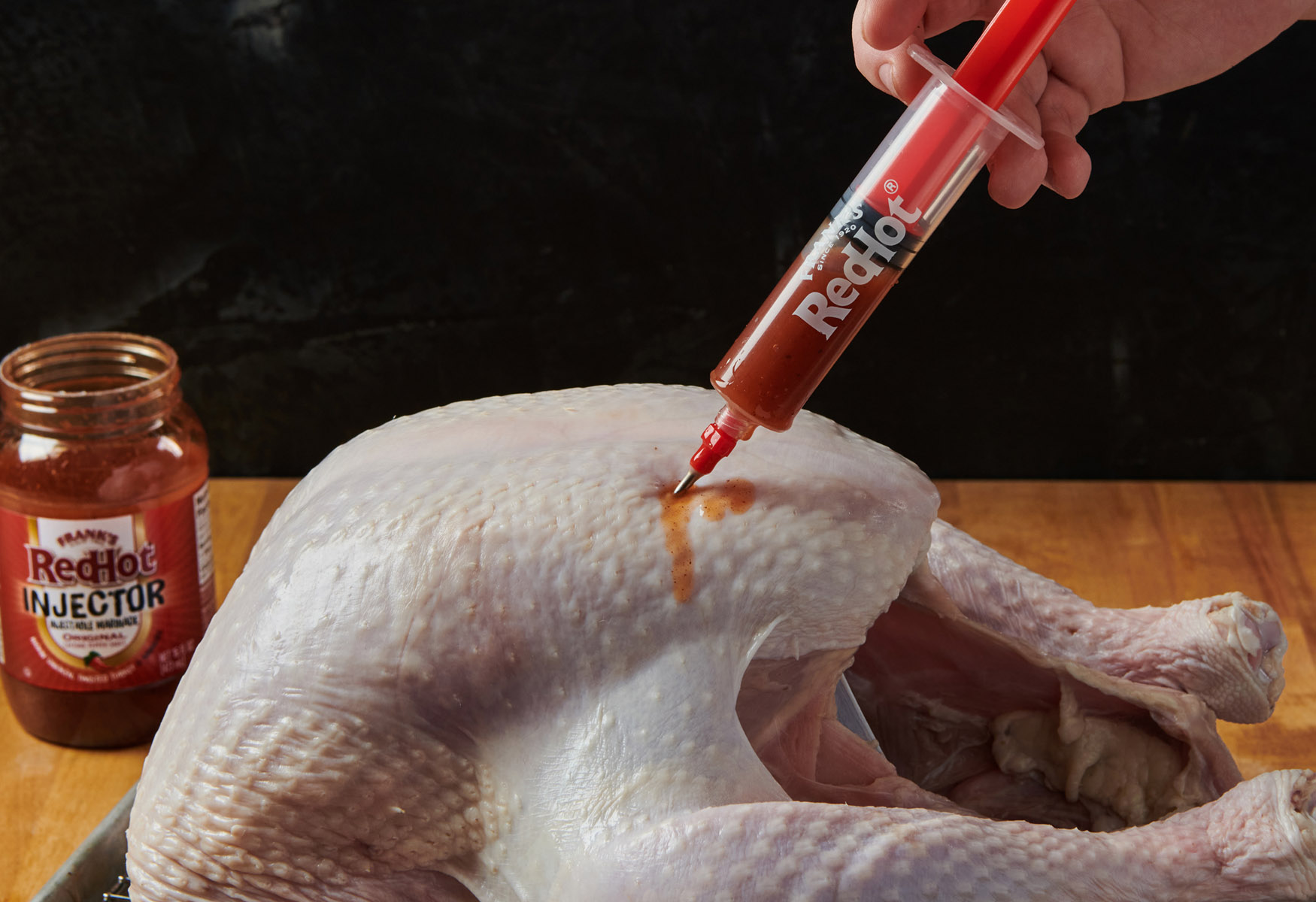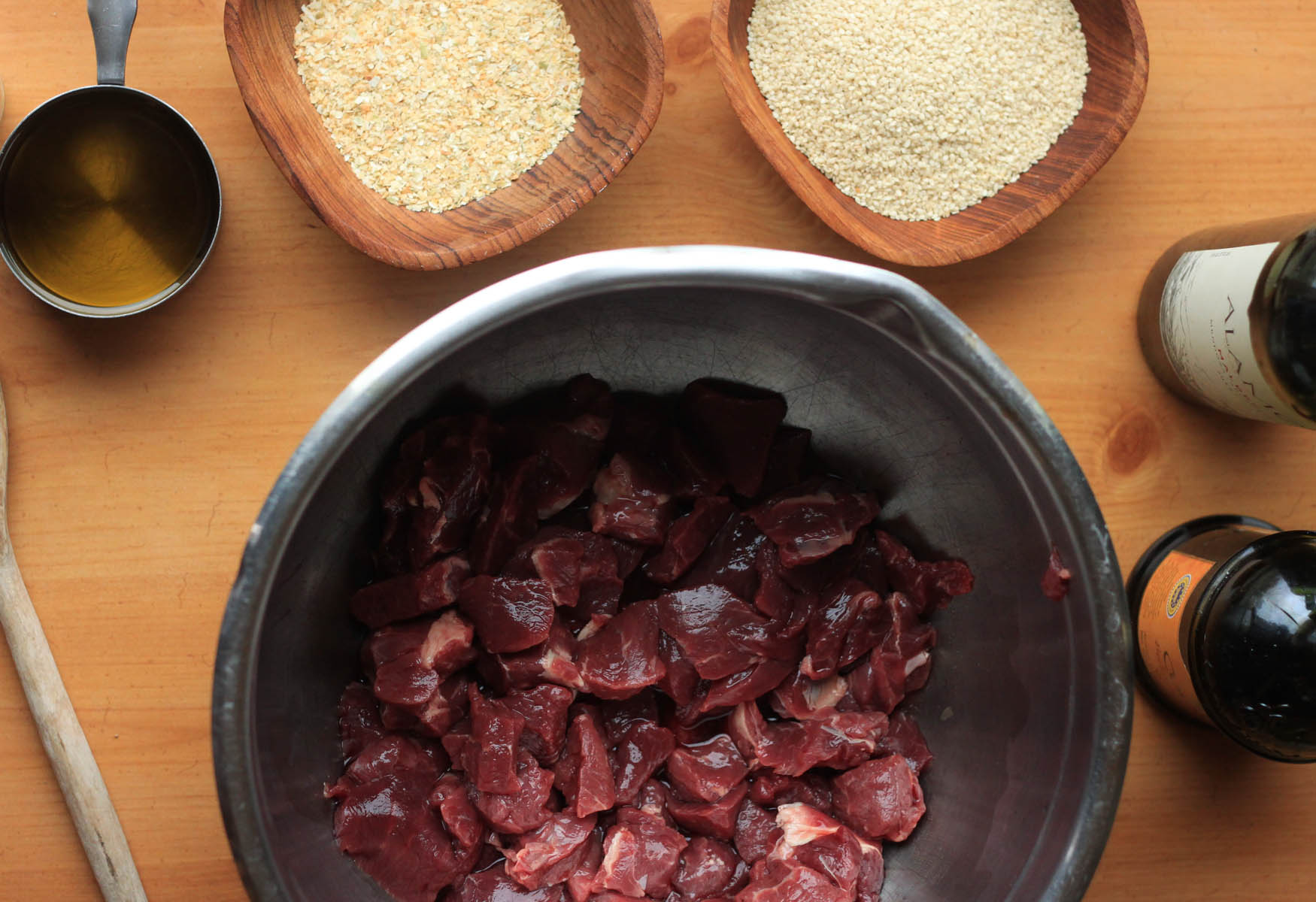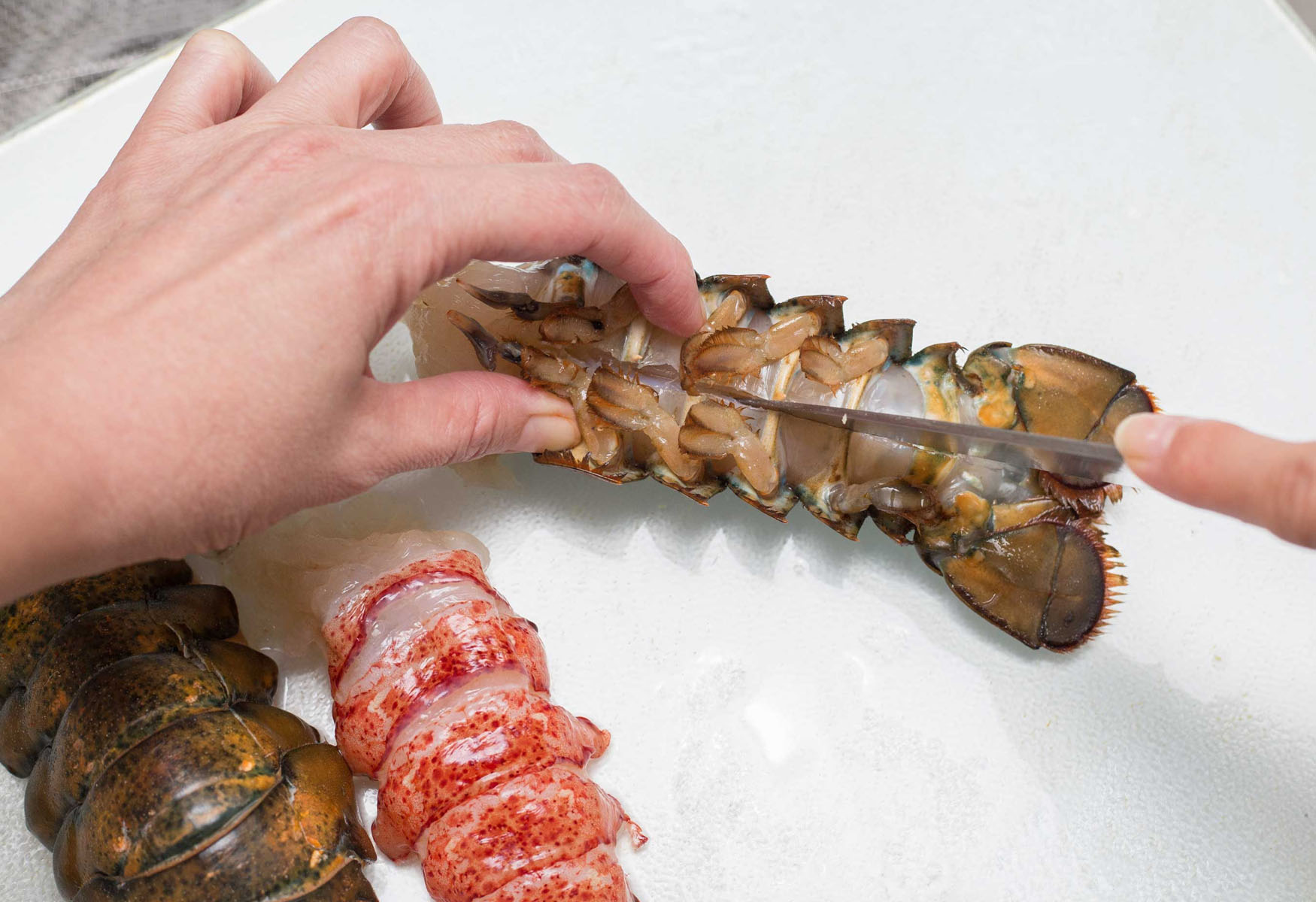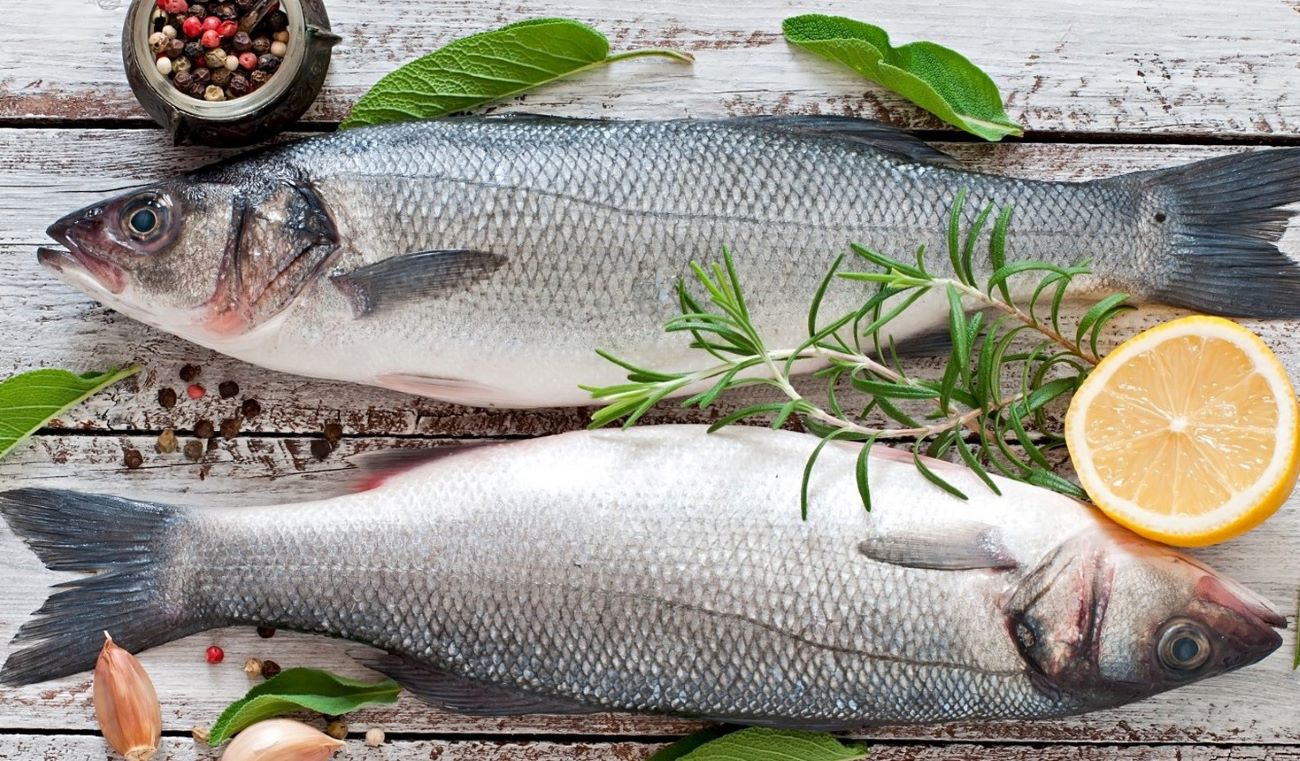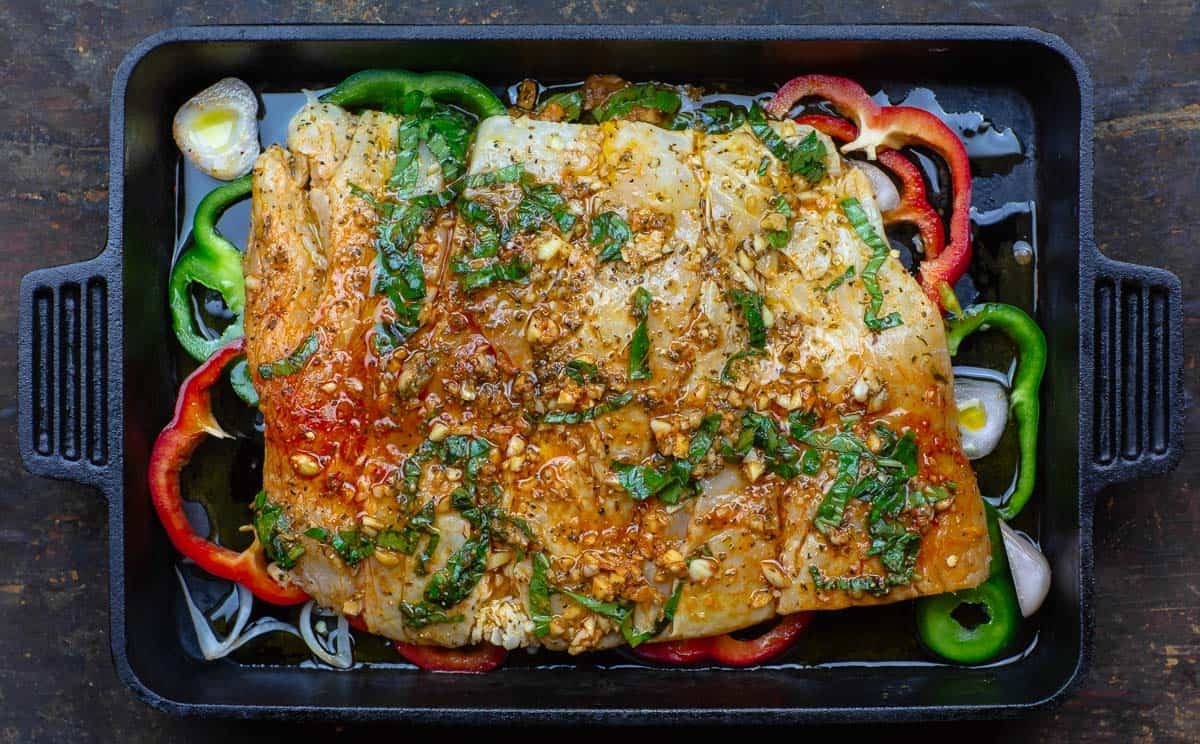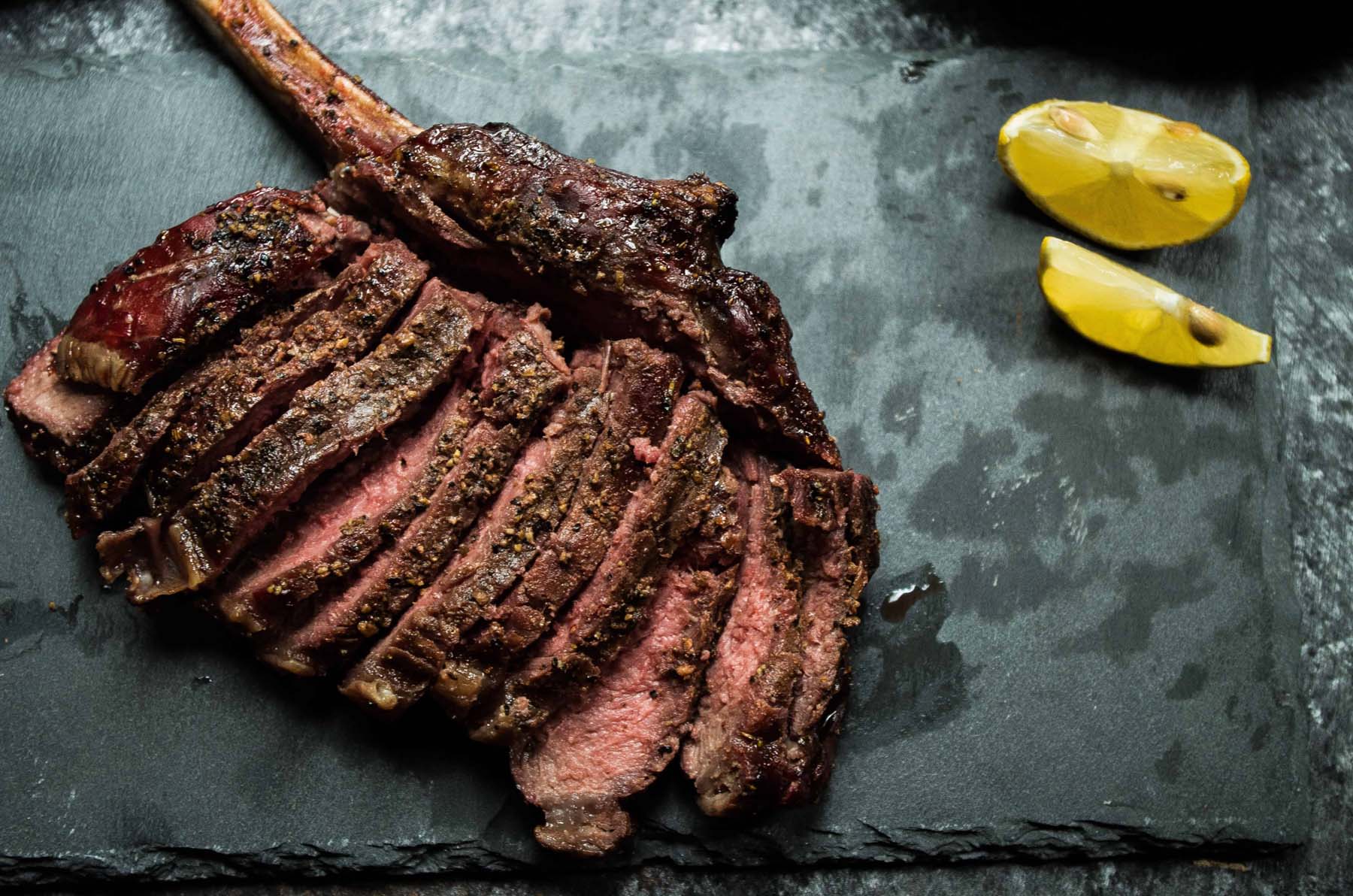Marinating Fish Before Frying: A Delicious and Simple Guide
Marinating fish before frying is a wonderful way to infuse flavor and moisture into the delicate flesh, resulting in a mouthwatering and succulent dish. Whether you’re a seafood enthusiast or just looking to try something new, marinating fish can elevate your cooking to a whole new level. In this guide, we’ll explore the art of marinating fish before frying, providing you with tips and techniques to ensure your dish is bursting with flavor.
Choosing the Right Fish
When it comes to marinating fish for frying, it’s essential to start with the right type of fish. Opt for fresh, firm-fleshed varieties such as salmon, tilapia, cod, or snapper. These types of fish hold up well to marinating and frying, resulting in a delicious and flaky texture.
Creating the Perfect Marinade
The key to a successful marinated fish dish lies in the marinade itself. A good marinade should balance acidity, sweetness, and savory flavors. Here’s a simple recipe for a basic fish marinade:
- Lemon Juice: 1/4 cup
- Minced Garlic: 2 cloves
- Chopped Fresh Herbs: 2 tablespoons (such as parsley, dill, or cilantro)
- Olive Oil: 1/3 cup
- Salt and Pepper: To taste
Combine all the ingredients in a bowl and whisk together until well blended. You can also customize the marinade to your taste by adding ingredients such as soy sauce, honey, or chili flakes.
Marinating the Fish
Once you’ve prepared the marinade, it’s time to marinate the fish. Place the fish fillets in a shallow dish or resealable plastic bag and pour the marinade over them, ensuring that the fish is evenly coated. For best results, refrigerate the fish and let it marinate for at least 30 minutes, allowing the flavors to penetrate the flesh.
Enhancing Flavor with Spices
In addition to the marinade, consider incorporating spices to further enhance the flavor of the fish. Common spices that complement marinated fish include:
- Paprika
- Cumin
- Coriander
- Turmeric
Sprinkle these spices over the fish before frying to add an extra layer of depth and complexity to the dish.
Frying the Marinated Fish
When it comes to frying marinated fish, it’s important to use a high-quality oil with a high smoke point, such as canola or vegetable oil. Heat the oil in a skillet over medium-high heat and carefully place the marinated fish fillets into the pan. Fry the fish for 3-4 minutes on each side, or until golden brown and cooked through.
Once the fish is fried to perfection, remove it from the pan and place it on a paper towel-lined plate to drain any excess oil. Serve the marinated fish hot, with a side of lemon wedges for an extra burst of citrus flavor.
Experimenting with Different Flavors
While the basic marinade and spices mentioned above are a great starting point, don’t be afraid to get creative and experiment with different flavor combinations. Consider using ingredients such as:
- Ginger
- Soy Sauce
- Coconut Milk
- Curry Paste
These ingredients can add an exciting twist to your marinated fish, taking your culinary creations to new heights.
Conclusion
Marinating fish before frying is a simple yet effective way to elevate the flavor of your seafood dishes. By choosing the right fish, creating a flavorful marinade, and experimenting with different spices and flavors, you can create a delicious and memorable meal that will impress your family and friends. So, the next time you’re in the mood for a seafood delight, consider marinating your fish before frying for a culinary experience that’s sure to please the palate.
More Delicious Marinated Fried Fish Recipes to Try
After mastering the art of marinating fish for frying, you're well-equipped to explore a variety of delightful recipes that will showcase your new skills. For a light and zesty option, try the lemon herb marinated fried cod which pairs beautifully with a crisp white wine. If you're in the mood for something with a bit more kick, the spicy garlic marinated fried tilapia is a must. Both dishes offer unique flavors and are perfect for different dining occasions, ensuring your culinary efforts impress every time.
